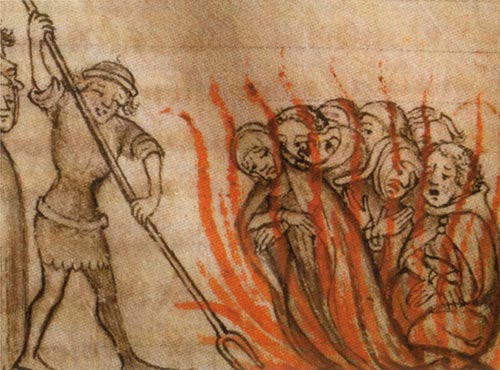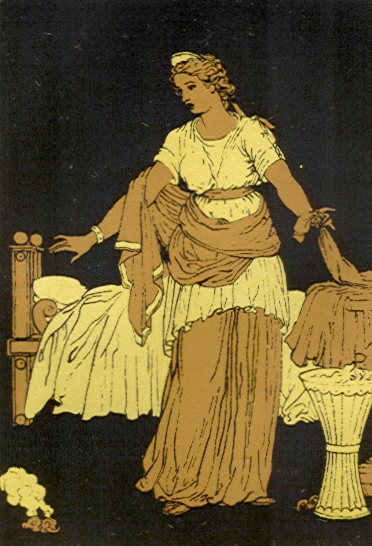
From the first page of Transparent Things, I was addicted. By the end I was, as I typically find myself in relation to Nabokov, astounded by the weight of all the many references. How could there be so many connections in so short a novel! Even this tiniest of masterpieces is complete and alive. Yet I know I have only scratched the surface. With Nabokov, I am always just beneath the surface, no matter how deep I go.
What struck me about Transparent Things was this major thread running through it, a thread that is present even in the title. The first page alone is so beautifully representative of the whole. Each object is transparent, revealing entire histories and connotations that build upon themselves until we find ourselves holding, not just a mere wooden pencil, but a part of every link in the chain of progression, a part of a living tree. There is this limited "reality" superimposed over everything we see and touch, even people. The narrator of this first page seems to say that if we want to remain in this "reality" or tied to the "real" world, we must learn not to focus too much on any object, lest we lose ourselves in these eternities. Our whole lives are spent searching for meaning. Simple objects trigger memories; a teacup or a cookie finds its way into our hands and suddenly entire worlds open up before us.
Is there any such thing as ultimate "reality" in the end? The narrator states "One should bear in mind, however, that there is no mirage without a vanishing point" (553). This seems to imply that absolute truth is attainable, beneath the transluscent layers of time, memory, perception, connotation, definiton. Or perhaps we only loop back upon ourselves, like a great Mobius strip, ending where we began and starting already complete.
With every book we've read this semester, upon reading the final lines, I always, quite involuntarily, find myself cycling back to the first words for greater connection. To be a good reader, we have to reread. That is the only thing I want to do when I reach the supposed end of a novel by Nabokov. I have been trapped in this web....of illusion and immortality, sense and coincidence.
As a quick side note, I did a little research into the line in French on page 507 and found some interesting connections. The line reads, "Ouvre ta robe, Déjanire that I may mount sur mon bûcher."
The words "Ouvre ta robe" means roughly open your dress (garment), and the word "bûcher," according to a translated French Wikipedia article, refers to bonfires as were used to burn criminals at the stake.

A little research into the name Déjanire revealed that this name is a reference to the wife of Hercules who, as the legend goes, offered him a cloak soaked in the mystical blood of a centaur whom the hero had defeated in order to keep her husband from leaving her. Little did she know that the cloak was poisoned. The cloak burned Hercules so badly that he then threw himself into a funeral pyre.


So, with these references in mind, the line that Hugh Person pens in his journal to Armande reads "Open your robe, wife of Hercules, that I may mount my funeral pyre". Person's love of Armande will lead to his demise. Remember that he dies by fire in the end. Deianira, of Greek mythology killed herself by hanging herself. Armande dies by strangulation.




Look into Lord Byron in my index, you may like what you find if you do.
ReplyDelete